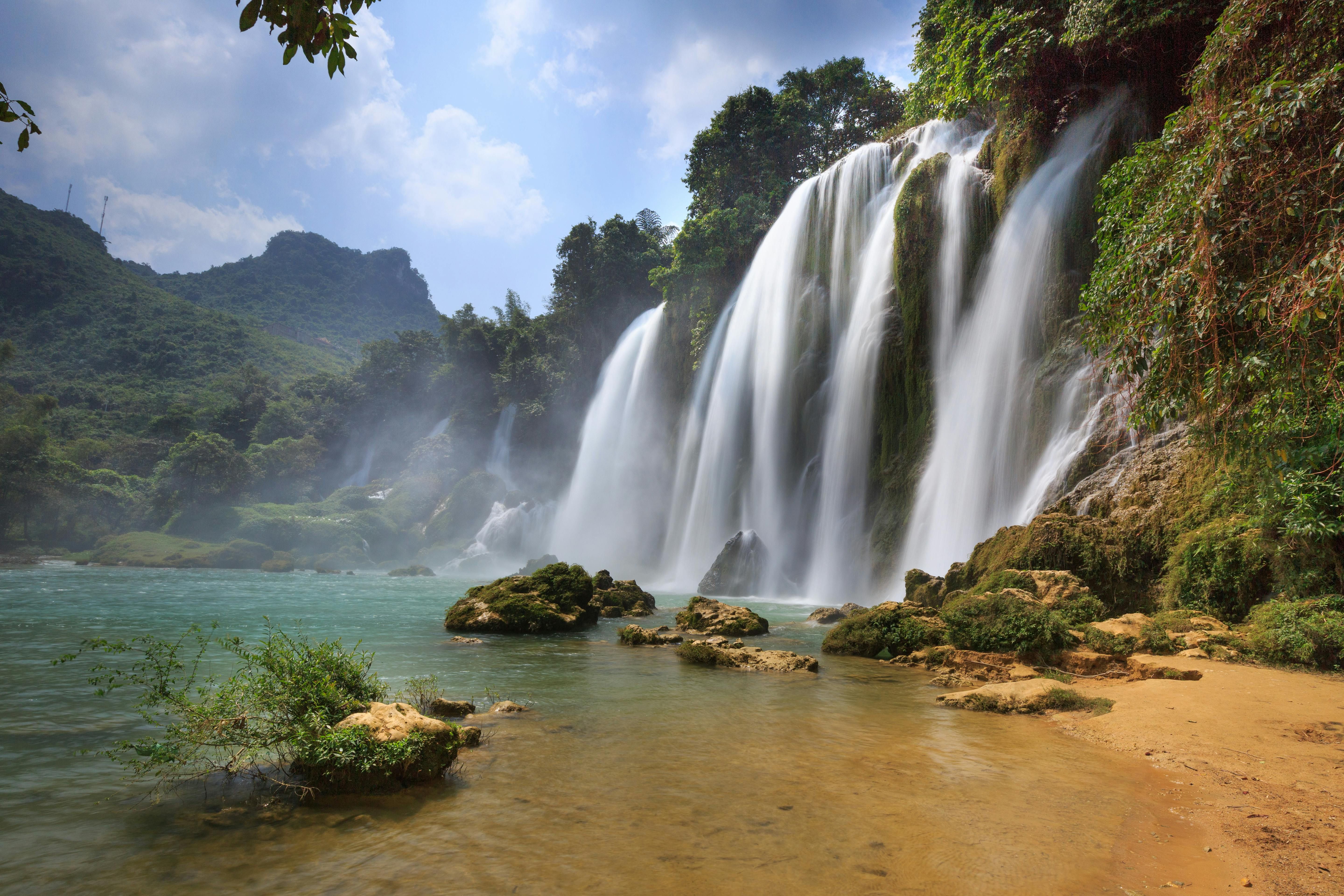Scientists in the UK secure support for disputed initiatives aimed at artificially reducing Earth's temperature
Geoengineering Projects Stir Controversy
Science whizzes at the Advanced Research and Invention Agency (Aria) are brainstorming ways to combat climate change. Their plans, under the programme Exploring Options for Actively Cooling the Earth, could include increasing the thickness of the Arctic ice pack and making clouds more reflective.
These ambitious strategies involve injecting seawater into the frozen blocks and pumping reflective particles into the upper reaches of the skies. But, these ideas are not without controversy.
"Climate change, fueled by anthropogenic greenhouse gas emissions, threatens to push global temperatures up by multiple degrees by the end of the century, triggering climate tipping points with devastating consequences," warns the programme's director Mark Symes.
While Aria's experiments could give humanity more time to adapt to climate change, some top scientists worry about the potential risks. They believe that even under the most aggressive scenarios, reducing atmospheric greenhouse gas levels may not happen quickly enough to prevent climate tipping points.
UK Experiments
Aria is considering a series of projects, including marine cloud brightening (MCB) and stratospheric aerosol injection (SAI). An MCB experiment might involve spraying a fine mist of natural sea water from the UK coast to increase cloud reflectivity. On the other hand, SAI projects might involve putting natural mineral dust in weather balloons and launching them into the atmosphere to observe their responses.
Before any outdoor experiments take place, Aria researchers assure that the public will be consulted, and the experiments will be closely supervised and limited.
However, these planned projects have coincided with a burgeoning campaign against solar geoengineering. Critics argue that these experiments could normalize controversial theories, speed up technological development, and create a slippery slope towards full-scale deployment.
"Solar geoengineering is unpredictable and risks further destabilizing an already broken climate system," says Mary Church, geoengineering campaign manager at the Centre for International Environmental Law.
The debate over solar geoengineering is heated, with calls for more research and increased global dialogue on the governance and ethics of solar geoengineering technologies.
International Agreement
There is a growing movement for a Solar Geoengineering Non-Use Agreement, supported by countries across Africa, Europe, Latin America, and the Pacific, along with numerous academics and civil society organizations. This agreement aims to inhibit further normalization and development of risky and poorly understood solar geoengineering technologies.
Yet, there is no comprehensive international agreement regulating solar geoengineering experiments at present. The discourse continues as scientists and policymakers grapple with the implications of these potentially game-changing technologies.
- Aria's geoengineering projects, aimed at combating climate crisis, propose strategies like marine cloud brightening and stratospheric aerosol injection, sparking international debate.
- The climate crisis, fueled byanthropogenic greenhouse gas emissions, is predicted to raise average global temperatures significantly by the end of the century, triggering climate tipping points.
- In Africa, there is a growing movement for a Solar Geoengineering Non-Use Agreement, aiming to inhibit further normalization and development of risky geoengineering technologies.
- although the scientists at aria are considering geoengineering projects in france, there is no comprehensive international agreement regulating these experimental technologies.
- While Aria's experiments could buy humanity more time to adapt to the climate crisis, some top scientists worry about the potential risks and unpredictable consequences of solar geoengineering.
- Solar geoengineering, such as the proposed methods by Aria, risks further destabilizing an already broken climate system, according to critics and environmental scientists.
- The environmental science community, including scholars from environmental-science fields and civil society organizations across Europe, Latin America, and the Pacific, are calling for increased global dialogue on the governance and ethics of solar geoengineering technologies.




